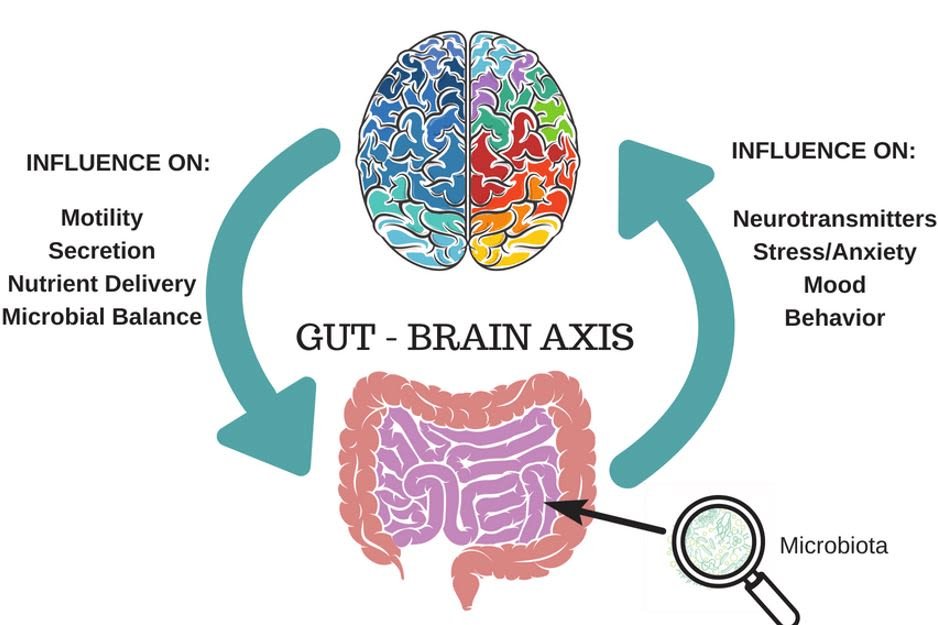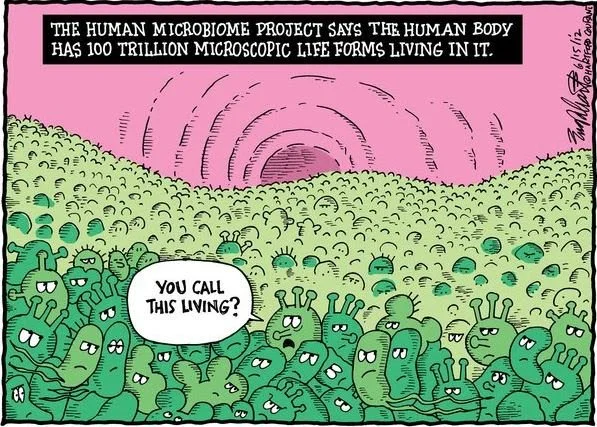Symptoms -
Our Body’s Response to Emotional Stress: Unveiling Hidden Causes of Common Grief Symptoms
By Sabine Horner, AtaLoss Subject Matter Expert
Are you puzzled by the myriad of grief symptoms you are experiencing?
When we lose someone important to us, intense emotions can trigger a massive stress response with wide-ranging repercussions on our mental, emotional and physical wellbeing.
Understanding the hidden causes behind common grief symptoms is essential for effectively managing the physical toll of emotional stress. By recognising the impact of grief on our digestive health and addressing imbalances through a holistic approach, we can alleviate symptoms, promote overall wellbeing, and better cope with the emotional challenges of grief.
Grief can cause a variety of digestive issues, and physical discomfort such as aches, pains, and headaches, fatigue, drastic weight loss, weakened immune function, cardiovascular problems (think heart!), insomnia, mental health issues…. The list goes on and on.
In one of my webinars, I explored the complex interplay between emotional stress and the physical manifestations of grief which typically emerge weeks after our loss and often catch us unawares. Although they shouldn’t really surprise us as this is the point when all the imbalances triggered by grief begin to show up.
Unfortunately, the common belief is that (and I quote) “most people will see a reduction of grief-induced physical effects with the passage of time”.
From what I have observed, this is usually not the case.
What is not understood is that the initial symptoms will simply morph into something more serious if the underlying imbalances are left unaddressed.
As creatures of habit, we also become accustomed to digestive discomfort, aches and pains when they persist over time. And when life is overwhelming and chaotic, we may not notice when gas and bloating, or acid reflux become the norm. The same is true for chronic stress.
It is important to understand that grief is no different to any of the other stressors we encounter in our daily life. But while none of us can escape modern-day stress, grief adds an extra layer of burden which remains largely unrecognised.
What is also commonly missed is the profound impact that stress, in all its forms, has on our digestive system. This connection is the missing link between grief and the sudden onset of various physical symptoms that seemingly appear ‘out of nowhere’.
By referring to our physical symptoms as mere ‘grief symptoms’, we inadvertently downplay their significance, failing to take them seriously. However, these imbalances do not simply vanish over time, especially in older bereaved people. Without intervention, they accumulate quietly, invisible to the untrained eye, only to resurface as diagnosable health conditions months or even years later.
Neglecting the initial stages of imbalances, such as those triggered by grief, can contribute to the development of preventable diseases. Throughout history, from Ayurveda to Hippocrates, and now supported by modern science, it is widely acknowledged that the root of all disease lies within our gut.
Here are some ways in which prolonged emotional stress can affect gut health:
Poor digestion: Stress impairs our body's ability to digest food and absorb essential nutrients. Unhelpful dietary habits exacerbate persistent nutrient deficiencies.
Poor thyroid function: The thyroid needs many key nutrients to regulate metabolism and energy reserves, iron being the main one. Anaemia causes lack of ‘umph’ in our digestive system, further slowing down our metabolism and impacting our energy levels.
Gut microbial imbalances: Stress negatively affects our beneficial gut bacteria which play a vital role in keeping us healthy, happy, and well.
Neurotransmitter imbalances: The gut microbiome can cause changes to how we think and behave. Our beneficial gut bacteria produce many neurotransmitters such as serotonin, dopamine, and GABA, which are critical for mood, concentration, reward, and motivation.
Comfort eating: The combination of all these imbalances can contribute to sweet cravings and emotional eating which promotes the growth of detrimental gut microbes, further impacting our overall health.
If you would like to know how you can reduce this whole-body impact of grief, click on the link to access the recording of my webinar:
Understanding the hidden causes behind common grief symptoms is essential for effectively managing the physical toll of emotional stress. By recognising the impact of grief on our digestive health and addressing imbalances through a holistic approach, we can alleviate symptoms, promote overall wellbeing, and better cope with the emotional challenges of grief.
Related articles




